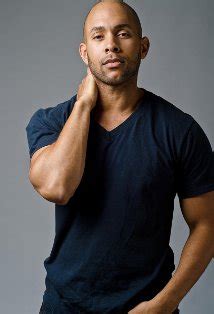A Quote by John Ruskin
In great countries, children are always trying to remain children, and the parents want to make them into adults. In vile countries, the children are always wanting to be adults and the parents want to keep them children.
Related Quotes
There are great parents of small children - they keep their little hair in bows - but those parents are not always good parents of young adults. As soon as their children get up to some size, it's "Shut up, sit down, you talk too much, keep your distance, I'll send you to Europe!" My mom was a terrible parent of small children but a great parent of young adults. She'd talk to me as if I had some sense.
Children grow rapidly, forget the centuries-long embrace from their parents, which to them lasted but seconds. Children become adults, live far from their parents, live their own houses, learn ways of their own, suffer pain, grow old. Children curse their parents for their wrinkled skin and hoarse voices. Those now old children also want to stop time, but at another time. They want to freeze their own children at the center of time.
International adoption does not begin to solve the problems of the world's orphaned children. It's truly not the answer. At the same time, it solves a problem for a few. I think it can be a brilliant solution to the problem of adults wanting a child in their lives or wanting more children in their lives and the problem of children who want parents in their lives.
Working with children is very different than the way in which I work with adults. I never tell the children the actual truth of the thing that I want them to act. Although children are really into play and play acting, and this is a major part of their existence, they never actually find the playing or acting of adults credible.
The real questions for parents should be: "Are you engaged? Are you paying attention?" If so, plan to make lots of mistakes and bad decisions. Imperfect parenting moments turn into gifts as our children watch us try to figure out what went wrong and how we can do better next time. The mandate is not to be perfect and raise happy children. Perfection doesn't exist, and I've found what makes children happy doesn't always prepare them to be courageous, engaged adults.
Although adults have a role to play in teaching social skills to children, it is often best that they play it unobtrusively. In particular, adults must guard against embarrassing unskilled children by correcting them too publicly and against labeling children as shy in ways that may lead the children to see themselves in just that way.
The new concept of the child as equal and the new integration of children into adult life has helped bring about a gradual but certain erosion of these boundaries that once separated the world of children from the word of adults, boundaries that allowed adults to treat children differently than they treated other adults because they understood that children are different.




































